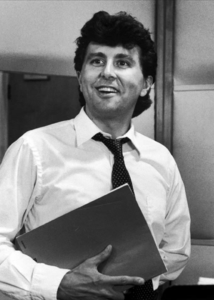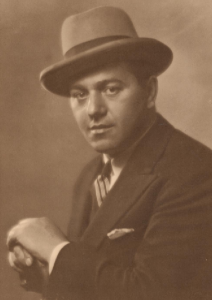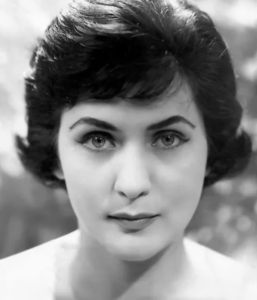Podcast: Play in new window | Download (Duration: 2:08:35 — 133.5MB) | Embed
Subscribe: Spotify | TuneIn | RSS | More
Today’s is a mammoth episode, one of my longest ever, so I suggest you listen to it in easily digestible segments. It’s mammoth because it’s a gigantic subject: great Mozart tenors of the 20th century, covering more than 100 years of recorded documents of the finest examples of tenorial interpretations of the big Mozart operas as well as some of his lesser-known works, including his concert arias. You will be dazzled (and that is a promise and a guarantee) by performances by Fritz Wunderlich (for many of us, the ne plus ultra of lyric tenors), George Shirley, Richard Tauber, Anton Dermota, Léopold Simoneau, Nicolai Gedda, Gösta Winbergh, John McCormack, David Rendall, Peter Schreier, and countless others, including lesser-known figures such as John van Kesteren, Kálmán Pataky, and Wiesław Ochman, and duets featuring Pilar Lorengar, Leontyne Price, Roberta Alexander, and Margaret Price. I also feature a peek into the future with a special salute to the young tenor Alex Banfield, whose work has impressed me enormously. The entire episode is dedicated to the memory of my friend Jerry Hadley, one of the supreme Mozart tenors of all time.
Countermelody is a podcast devoted to the glory and the power of the human voice raised in song. Singer and vocal aficionado Daniel Gundlach explores great singers of the past and present focusing in particular on those who are less well-remembered today than they should be. Daniel’s lifetime in music as a professional countertenor, pianist, vocal coach, voice teacher, and journalist yields an exciting array of anecdotes, impressions, and “inside stories.” At Countermelody’s core is the celebration of great singers of all stripes, their instruments, and the connection they make to the words they sing. By clicking on the following link (https://linktr.ee/CountermelodyPodcast) you can find the dedicated Countermelody website which contains additional content including artist photos and episode setlists. The link will also take you to Countermelody’s Patreon page, where you can pledge your monthly support at whatever level you can afford. Bonus episodes available exclusively to Patreon supporters are currently available and further bonus content including interviews and livestreams is planned for the upcoming season.



